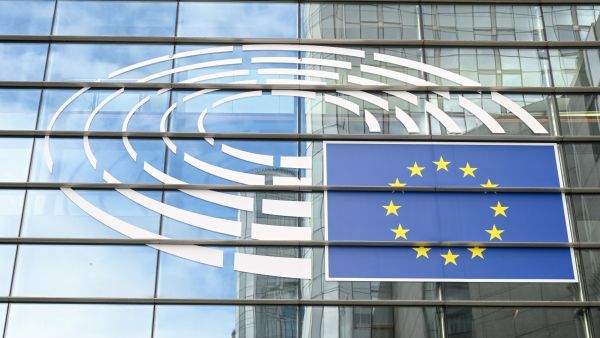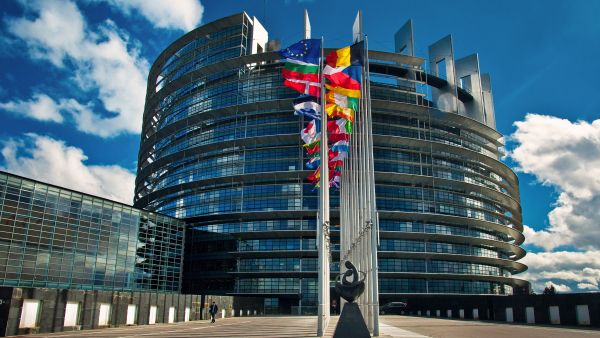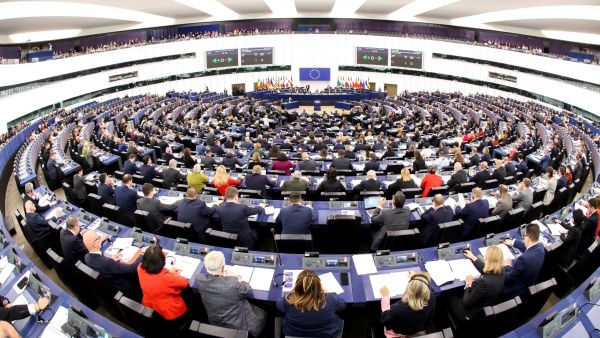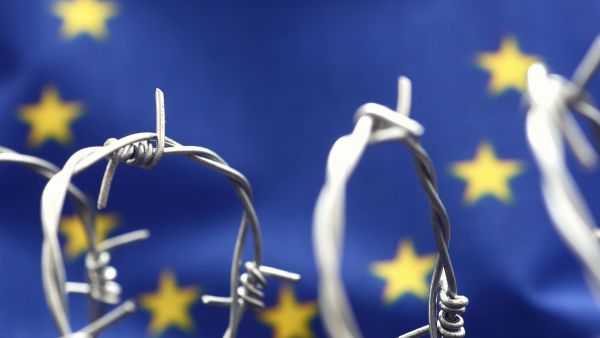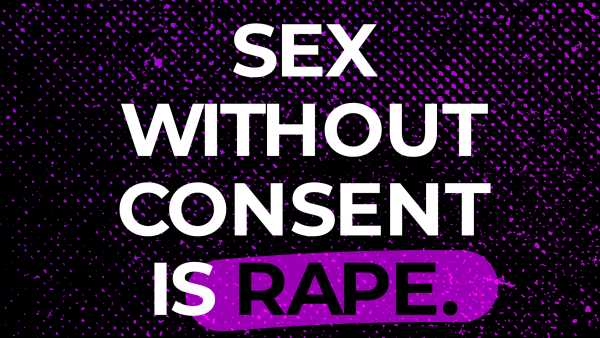The S&D Group has ensured exemptions for journalists and employees exposing criminal or negligent behaviour in a new European directive on protecting trade secrets. The report, which was voted on in the legal affairs committee of the European Parliament today, provides an exemption for any 'whistle-blower' acting in the public interest.
Sergio Cofferati, the S&D shadow rapporteur for the report said:
"People who expose corruption or misconduct should be celebrated not prosecuted. They play an important role in ensuring that powerful companies and governments are held to account. This is essential for a well-functioning economy and democracy. Just look at the recent Luxleaks scandal, without investigative journalism and employees highlighting unethical behaviour the shadowy practices and backroom deals would never have been exposed. This is why it was essential for us to ensure strong protections for whistle-blowers and investigative journalism within this directive.
"The text we voted today has been substantially improved, in particular the exclusion of experiences and skills of workers from the definition of trade secrets, the protection of rights of freedom of expression and information, and an exemption for any 'whistle-blower' acting in the public interest. It is fundamental now to keep these results during the negotiations with the Council."
Evelyn Regner, S&D spokesperson for legal affairs added:
"There have been very real concerns over the scope of this directive, concerns that we shared when seeing the original proposal. It contained sweeping statements that threatened work councils, trade unions, journalists and those exposing illegal activity at work. The S&D Group has fought hard to secure exemptions to protect each of these groups and we are delighted that we have managed to get these in the final text."
"We have ensured strong guarantees that this directive will not be used as a covert attack on workers' rights. A good example is ensuring that experience and skills workers have gained in the course of employment cannot be viewed as a trade secret. This would have been a serious restriction to employees wanting to move between jobs and companies.
"We have the mandate now to go into negotiations with the Council and we will make very clear that we will not accept changes to any of these key exemptions."


